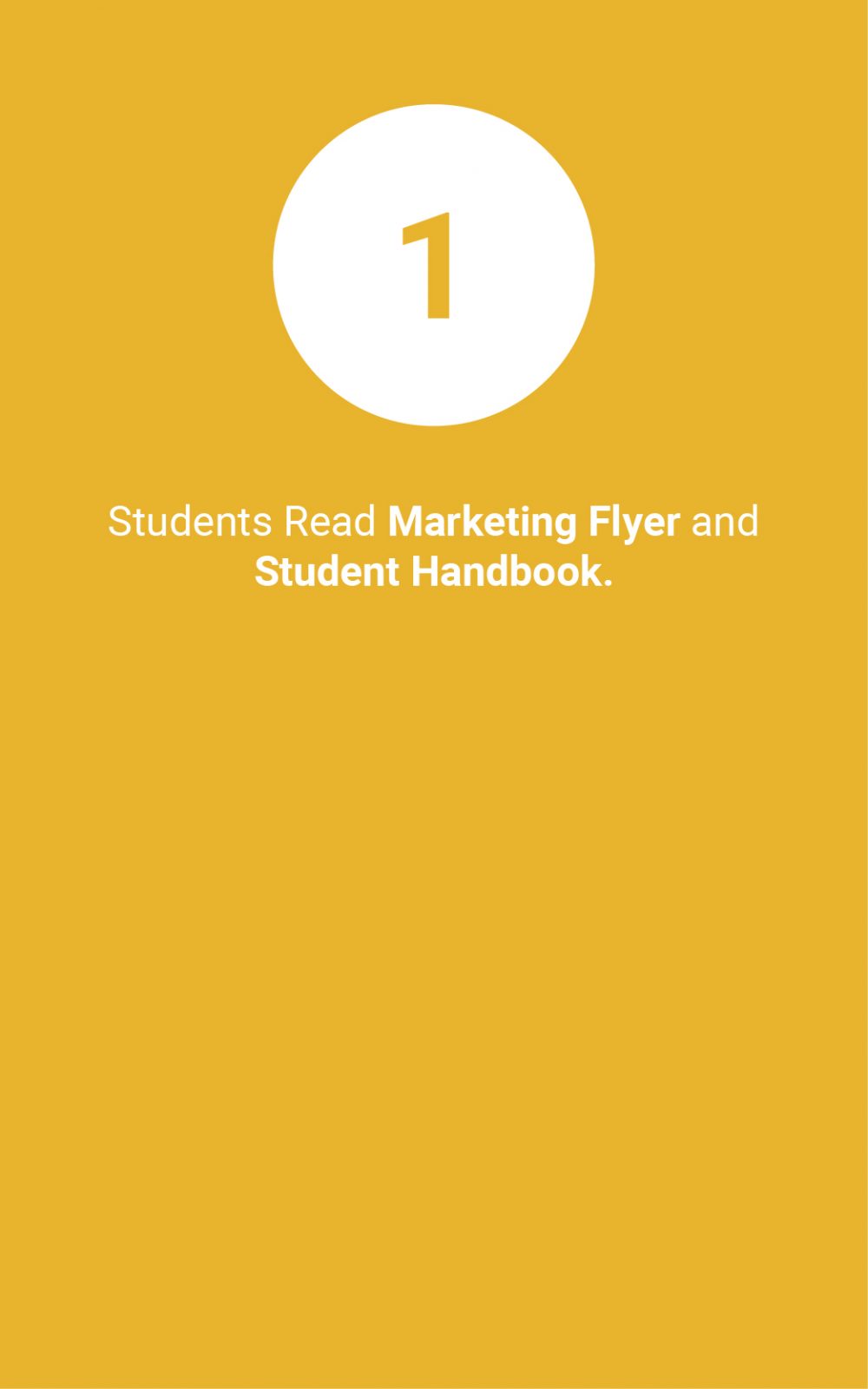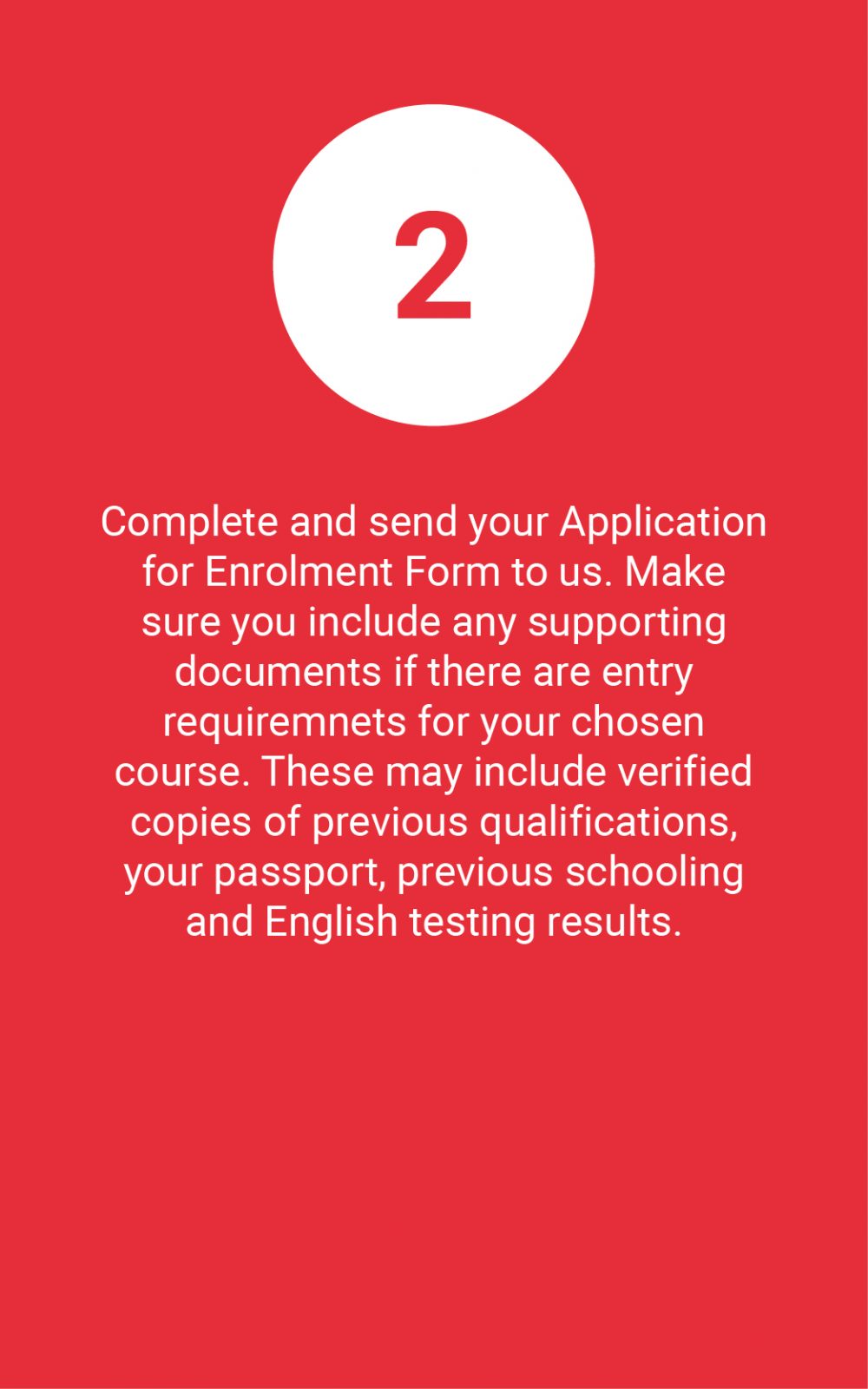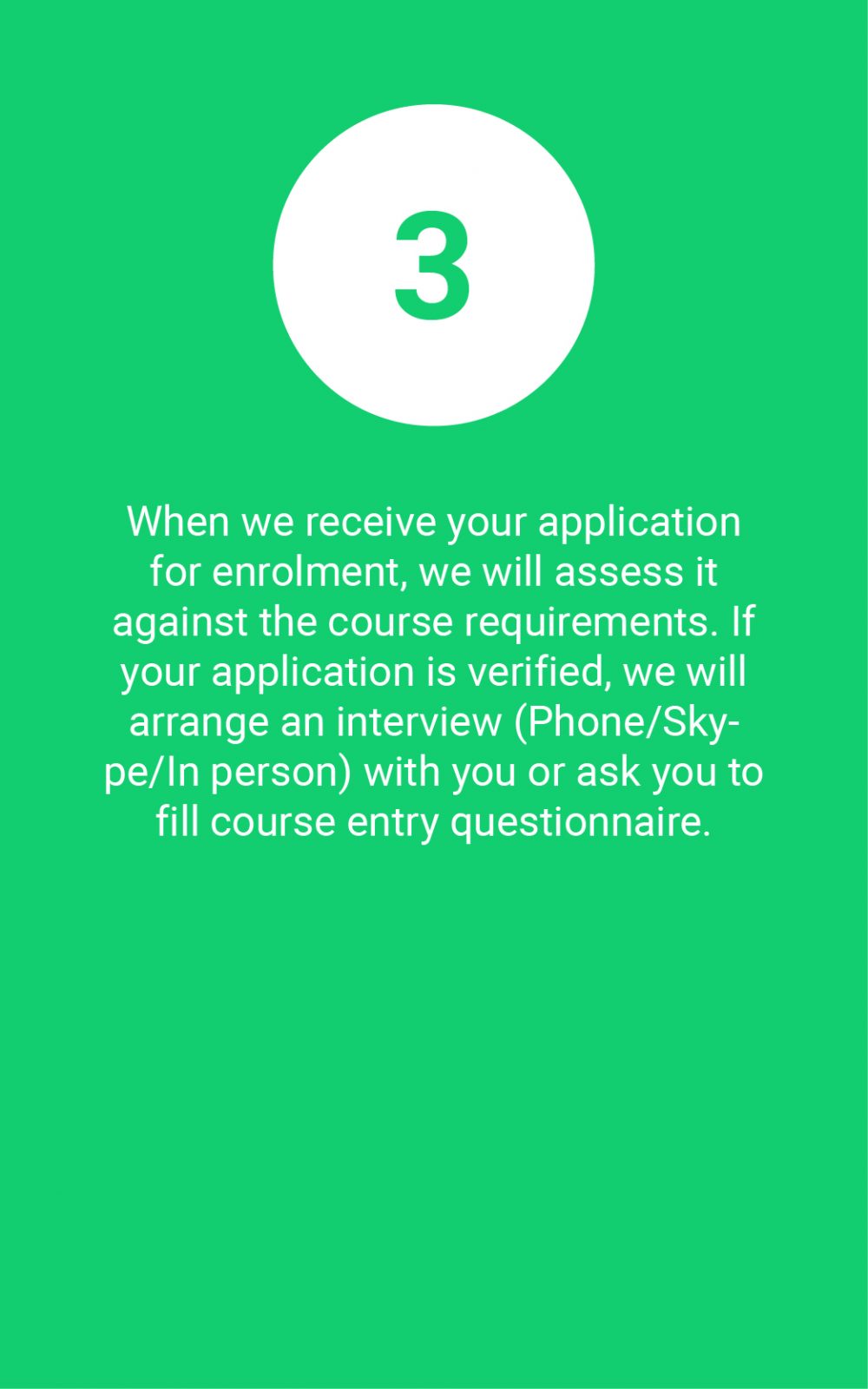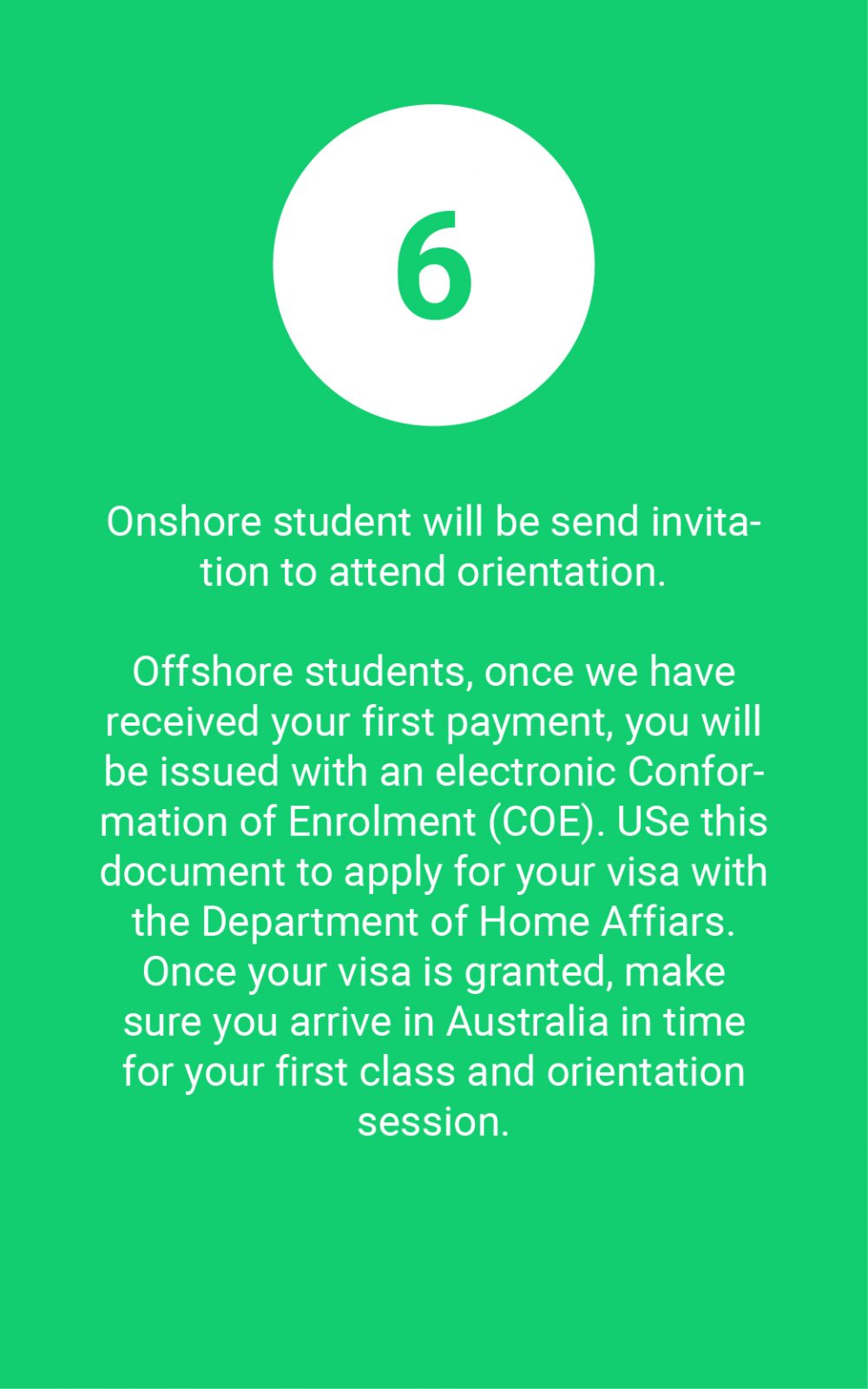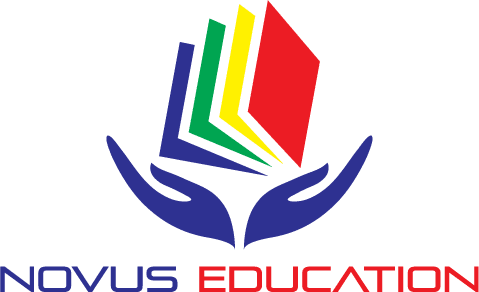CHC52021-Diploma of Community Services
- CRICOS Course Code: 114141F
- Mode of delivery: Blended (Face-to-Face + Scheduled Online learning)
- Location: Sydney | Gosford (Campus)
- Study: 80 Weeks
- Holiday Breaks / Catch-up classes: 24 Weeks
- Total Study Duration: 104 Weeks
Overview
This qualification reflects the role of community services workers involved in the delivery, management and coordination of person-centred services to individuals, groups, and communities.
At this level, workers have specialised skills in community services and work autonomously within their scope of practice under broad directions from senior management.
Workers support people to make change in their lives to improve personal and social wellbeing and may also have responsibility for the supervision of other workers and volunteers. They may also undertake case management and program coordination.
To achieve this qualification, the candidate must have completed at least 200 hours of work as detailed in the Assessment Requirements of units of competency.
The skills in this qualification must be applied in accordance with Commonwealth and State or Territory legislation, Australian standards and industry codes of practice.
No occupational licensing, certification or specific legislative requirements apply to this qualification at the time of publication.

Target groups for the CHC52021 Diploma of Community Services are
international students who are:
● seeking to pursue or further a career in community services
● seeking to enter a new industry sector
● seeking a pathway to higher level qualifications.
Characteristics of the target group are as follows:
Students will be from a range of countries and may be living in Australia for the first time or may have been here in the recent or more distant past.
Many will speak English as a second language, although an entry level has been set to ensure students are able to complete course work.
Students are expected to typically fall into the age range of 20 – 35 as people still establishing or changing careers.
Students may have study or work experience if they have completed other community services qualifications. Credit and/or RPL can be provided for those with existing skills and knowledge allowing such students to complete the course in a shorter timeframe.
It is noted that although we are required to offer RPL as per the Standards for RTOs 2015, it would not be expected that international students would pursue this pathway due to lack of relevant workplace experience and existing skills and knowledge.
| CHCCCS004 | Assess co-existing needs | Core |
| CHCCCS007 | Develop and implement service programs | Core |
| CHCCCS019 | Recognise and respond to crisis situations | Core |
| CHCCSM013 | Facilitate and review case management | Core |
| CHCDEV005 | Analyse impacts of sociological factors on clients in community work and services | Core |
| CHCDFV001 | Recognise and respond appropriately to domestic and family violence | Core |
| CHCDIV001 | Work with diverse people | Core |
| CHCDIV002 | Promote Aboriginal and/or Torres Strait Islander cultural safety | Core |
| CHCLEG003 | Manage legal and ethical compliance | Core |
| CHCMGT005 | Facilitate workplace debriefing and support processes | Core |
| CHCPRP003 | Reflect on and improve own professional practice | Core |
| HLTWHS003 | Maintain work health and safety | Core |
| CHCCSL002 | Apply specialist interpersonal and counselling interview skills | Group E elective |
| CHCCSL007 | Support counselling clients in decision-making processes | Group E elective |
| CHCCOM003 | Develop workplace communication strategies | Group E elective |
| CHCDIV003 | Manage and promote diversity | Group E elective |
| CHCPRP001 | Develop and maintain networks and collaborative partnerships | Group E elective |
| CHCDIS017 | Facilitate community participation and social inclusion | Group E elective |
| CHCMHS001 | Work with people with mental health issues | Group E elective |
| CHCMHS004 | Work collaboratively with the care network and other services | Group E elective |
Students are required to attend 14 hours of training and assessment per week and complete scheduled online classes 6 hours per week(except during the weeks where work placement is completed).
Additional, unsupervised study is expected to be approximately 5 hours a week.
Satisfactory course progress and attendance is very important in order to meet visa requirements. Please read the International Student Handbook carefully for more information. You will also be provided with further information about course progress and attendance requirements at your orientation.
Additional Classes: Offered based on identified needs.
Trainer/Assessor Contact: Available via email, Zoom, in person, and phone.
Assessment Attempts: Two free assessment attempts are provided.
Reasonable Adjustments: Available in training and assessment.
Ongoing Conversations: Staff maintain regular communication with students to track course progress.
Individualized Support: Tailored assistance for those who may have been away from studying for a while, non-English native speakers, or those requiring extra help with literacy or numeracy.”
The resource requirements for the course include:
A laptop with Office 365 or a similar program for use during classes.
Minimum specifications for a PC or MacOS, including RAM, hard disk space, monitor resolution, and internet connectivity.
Access to Wi-Fi and modern classrooms.
Student Guides relevant to each unit in the course.
These resources are necessary to support the learning environment and ensure students can engage effectively in the coursework.
Students may apply for recognition of existing qualifications or skills, knowledge, and experience (credit transfer or recognition of prior learning). The granting of course credit may affect course fees as well as the duration of the course.
This process is outlined in Novus Education’s Student Enrolment and Completion Policy and Associated Procedures and Training and Assessment Policy & Associated Procedures.
Novus Education has the following entry requirements:
International students must:
- Be at least 18 years of age and have completed Year 12 or equivalent.
- be approved in the pre-enrolment evaluation to assess the suitability of the course for the student, and to understand student needs
International students must:
- have an IELTS* score of 6.0 (test results must be no more than 2 years old). English language competence can also be demonstrated through documented evidence of any of the following:
- educated for 5 years in an English-speaking country; or
- successful completion of an English Placement
*Note that other English language tests such as PTE and TOEFL can be accepted. Students are required to provide their results so that it can be confirmed they are equivalent to IELTS 6.0.
To receive a breakdown of your tuition costs, please reach out to us at admin@novus.edu.au. Detailed payment plan and payment arrangements will be provided in the Offer Letter and Student Agreement. You must pay all of your course fees and on time. Non-payment of fees may result in cancellation of enrolment.
You are also required to take out Overseas Health Insurance Cover before arriving in Novus Education provides details of OSHC providers in the International Student Handbook. You can approach any of these providers to find out costs and organise your cover. Additional costs associated with living in Australia are outlined in the International Student Handbook. You should carefully review these costs in relation to budgeting. Further information can be found at https://www.studyinaustralia.gov.au/english/live-in-australia/living-costs
To apply for this course, you are required to complete an enrolment form and submit all required supporting evidence including copies of your:
Academic Certificates
proof of English language proficiency as
specified in the entry requirements.
After completing the enrolment form and submitting all required supporting documents, if your application is successful, you’ll receive an Offer Letter and Student Agreement. Review these documents thoroughly to ensure you’re comfortable with the terms and conditions. Once you’re satisfied, sign the documents and send them back.
Upon receiving these signed documents, the institution will issue you a Confirmation of Enrolment (CoE) letter along with an invoice for the initial payment. The commencement of the course will include orientation and induction sessions, providing information about campus facilities, living in Australia, accessing support services, and meeting course progress requirements.
Make sure to read the course outline along with Novus College’s International Student Handbook, available online at www.novus.edu.au, for comprehensive information and guidelines.
